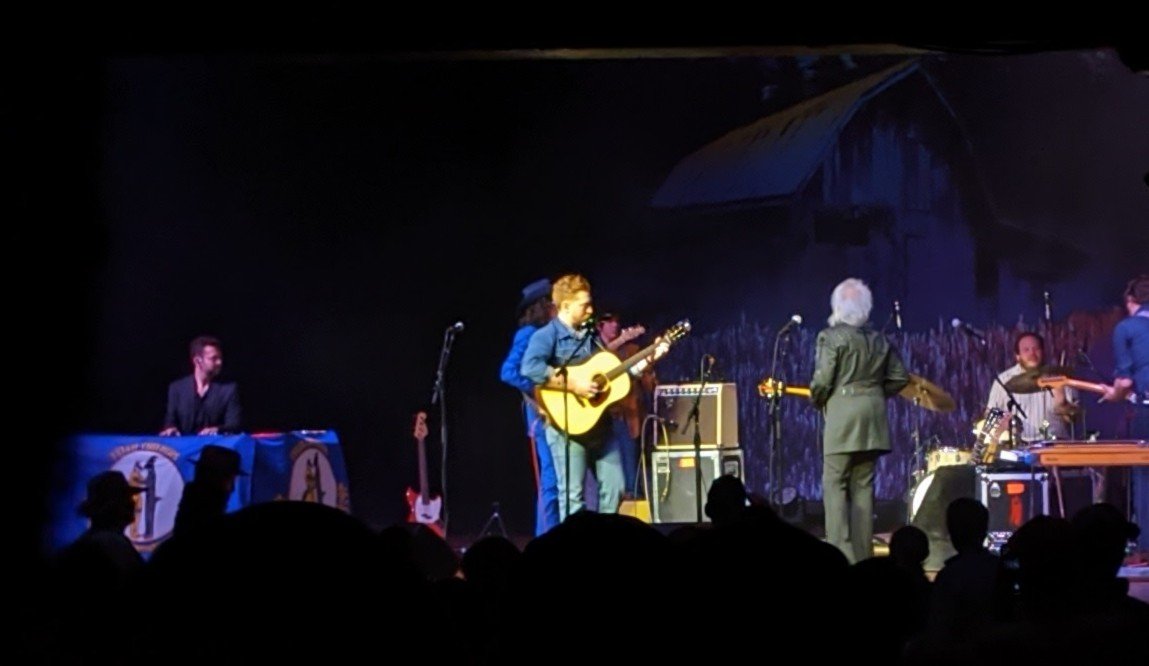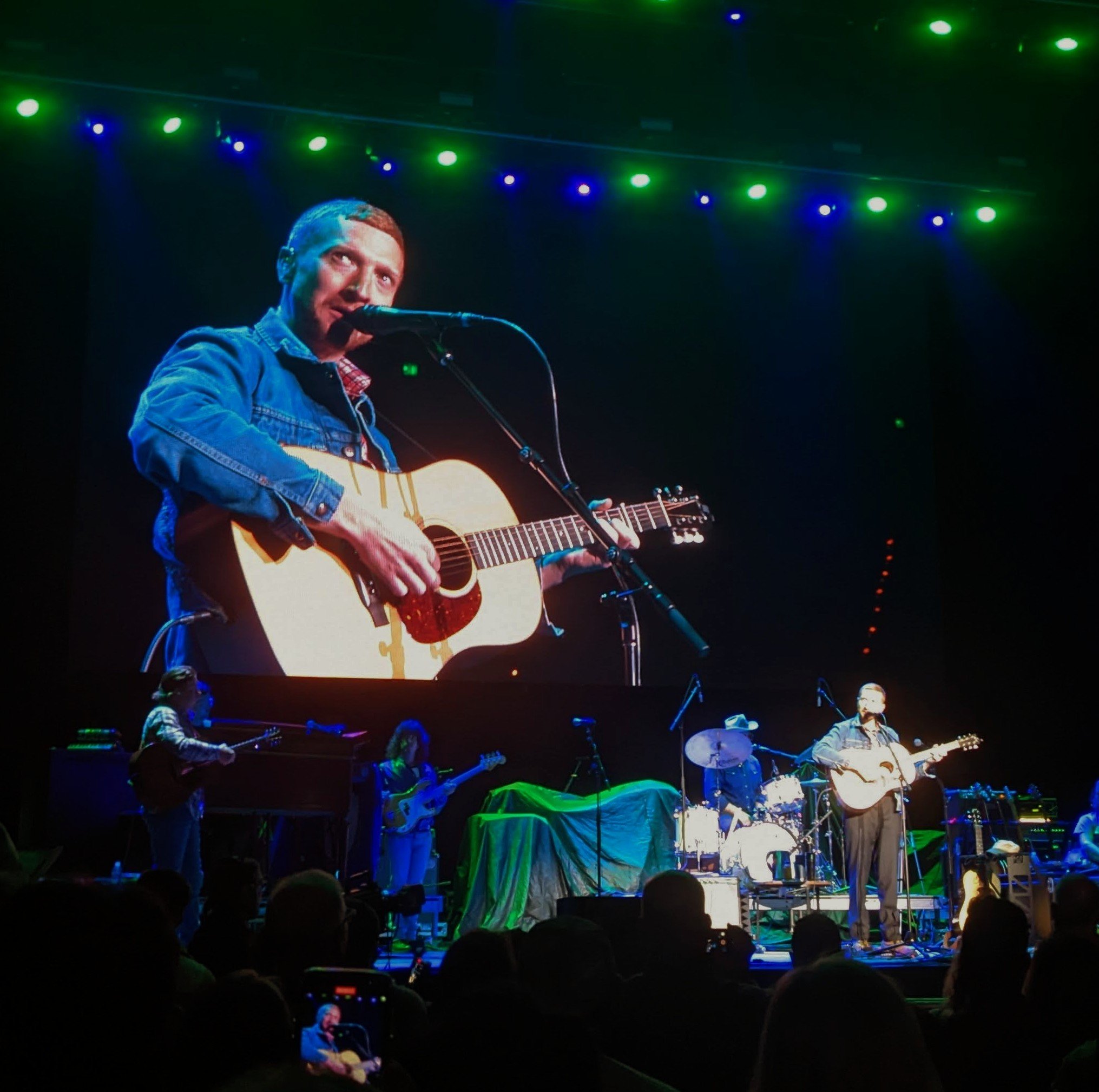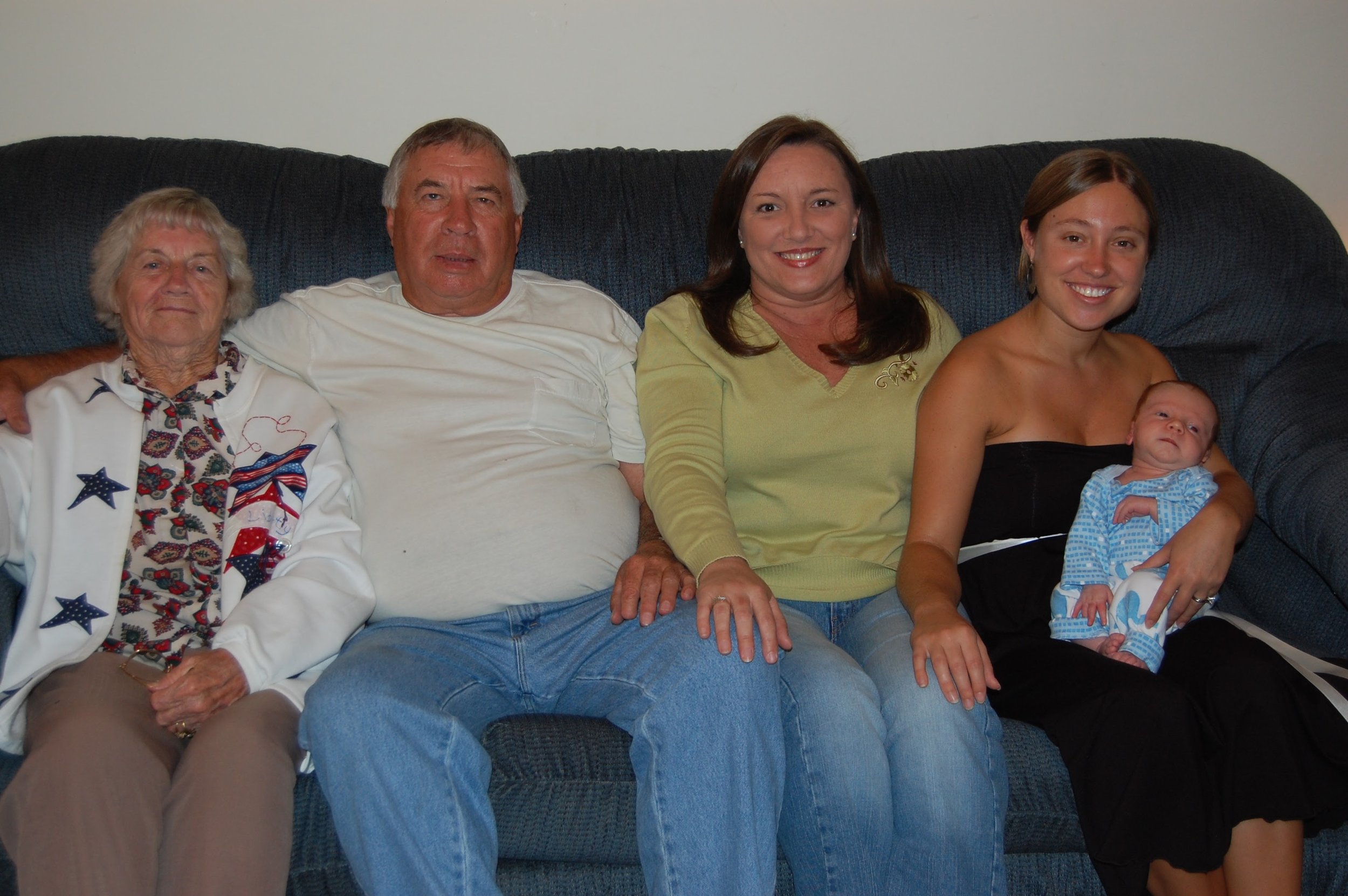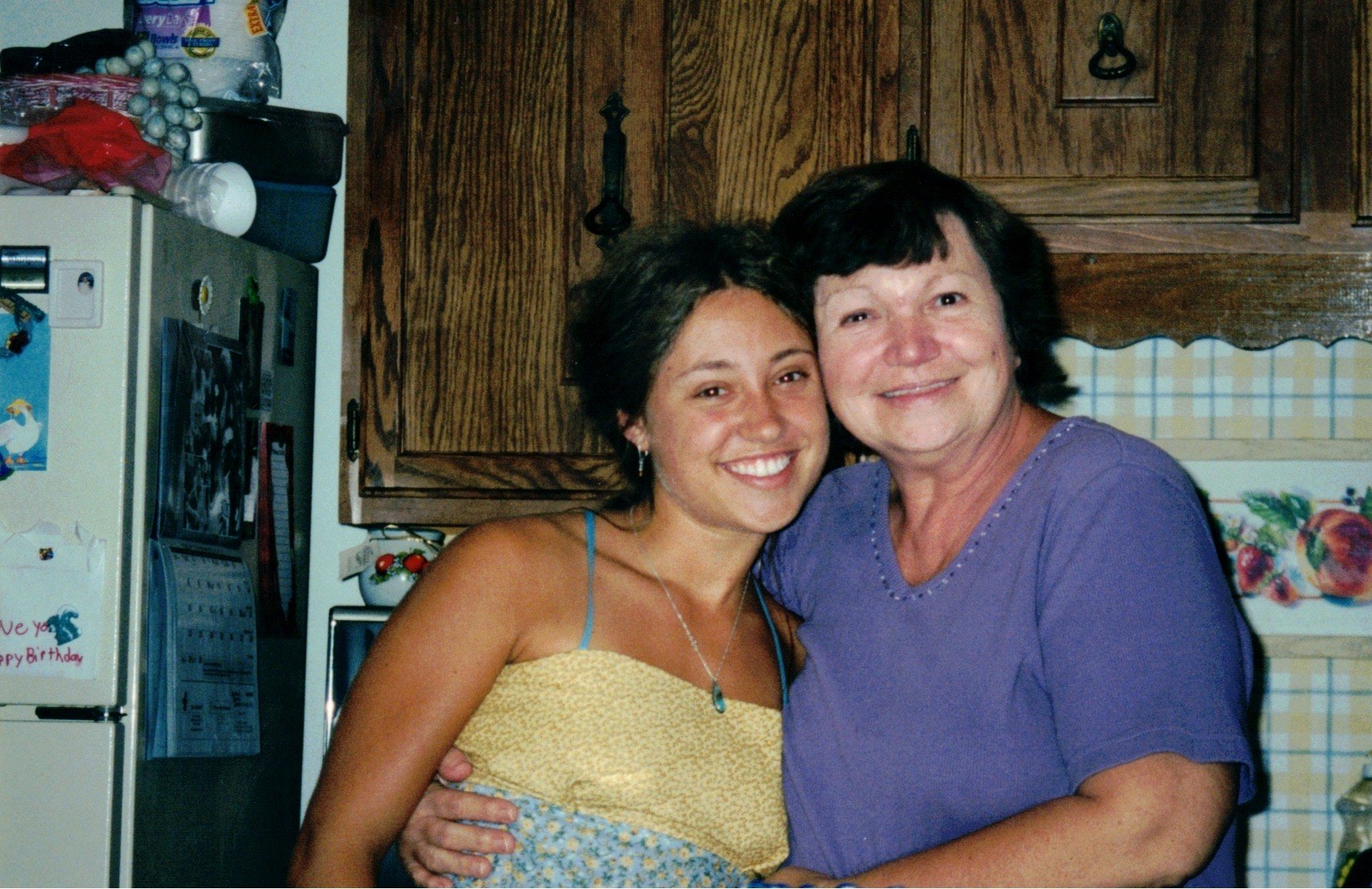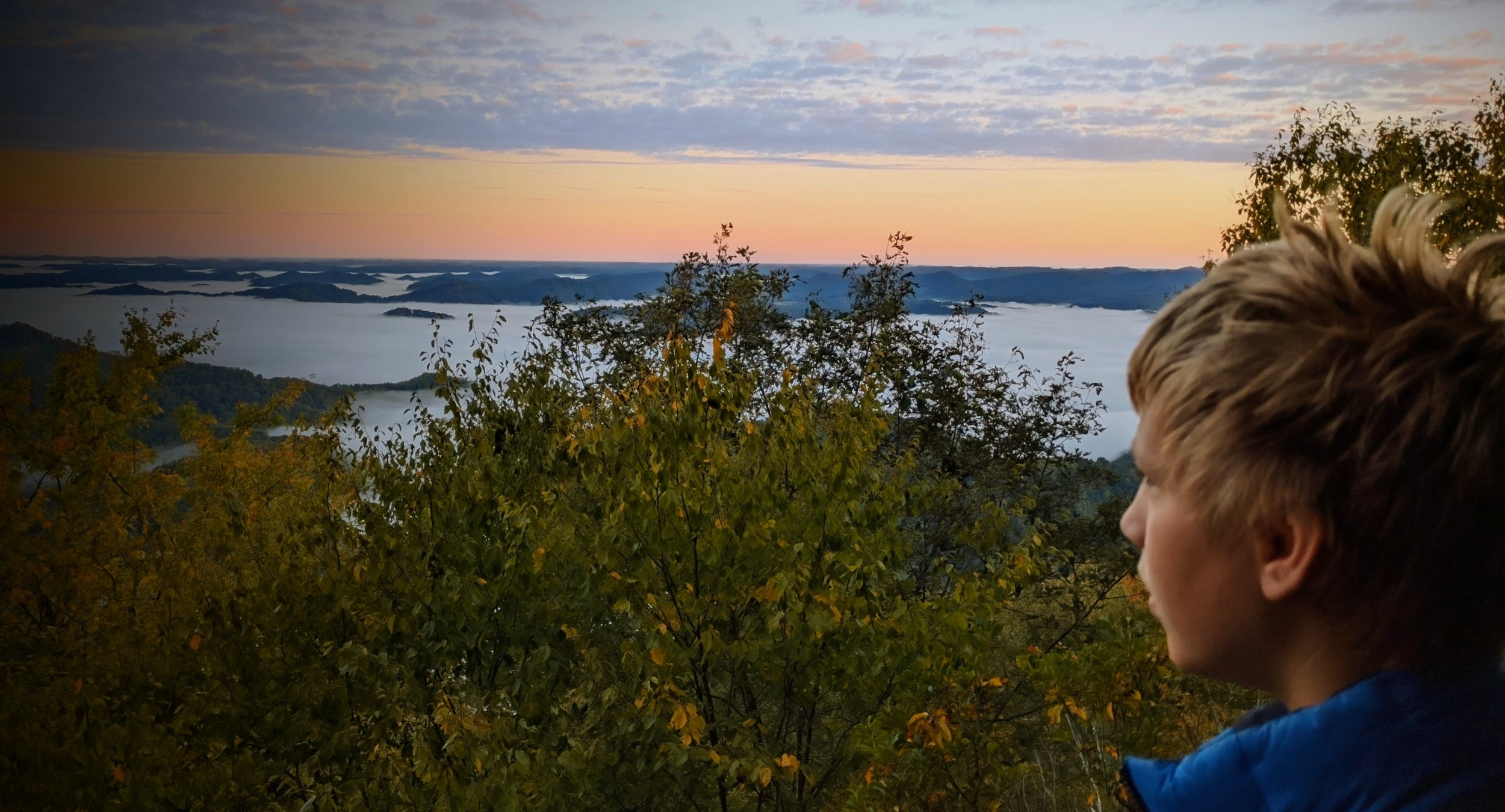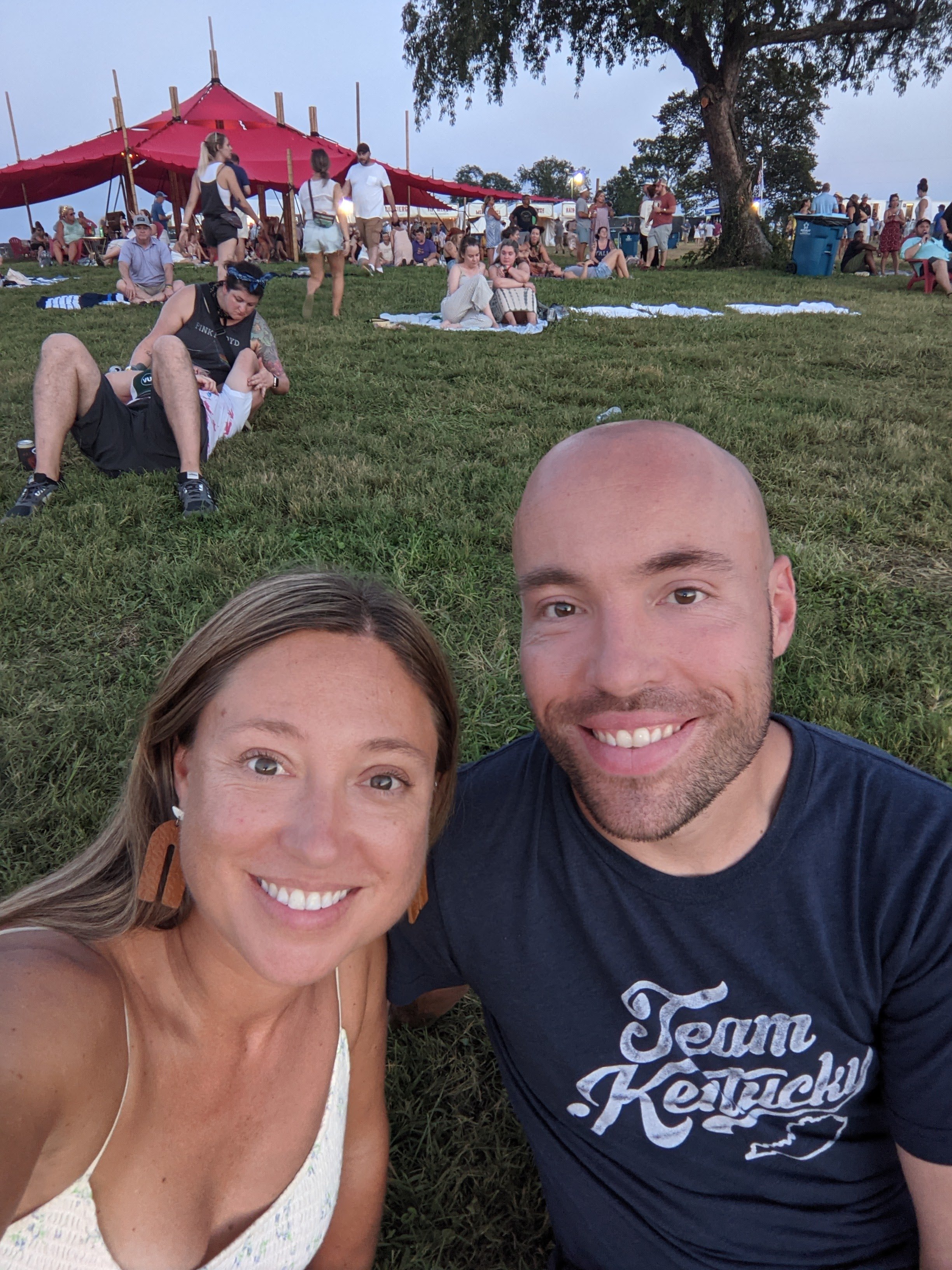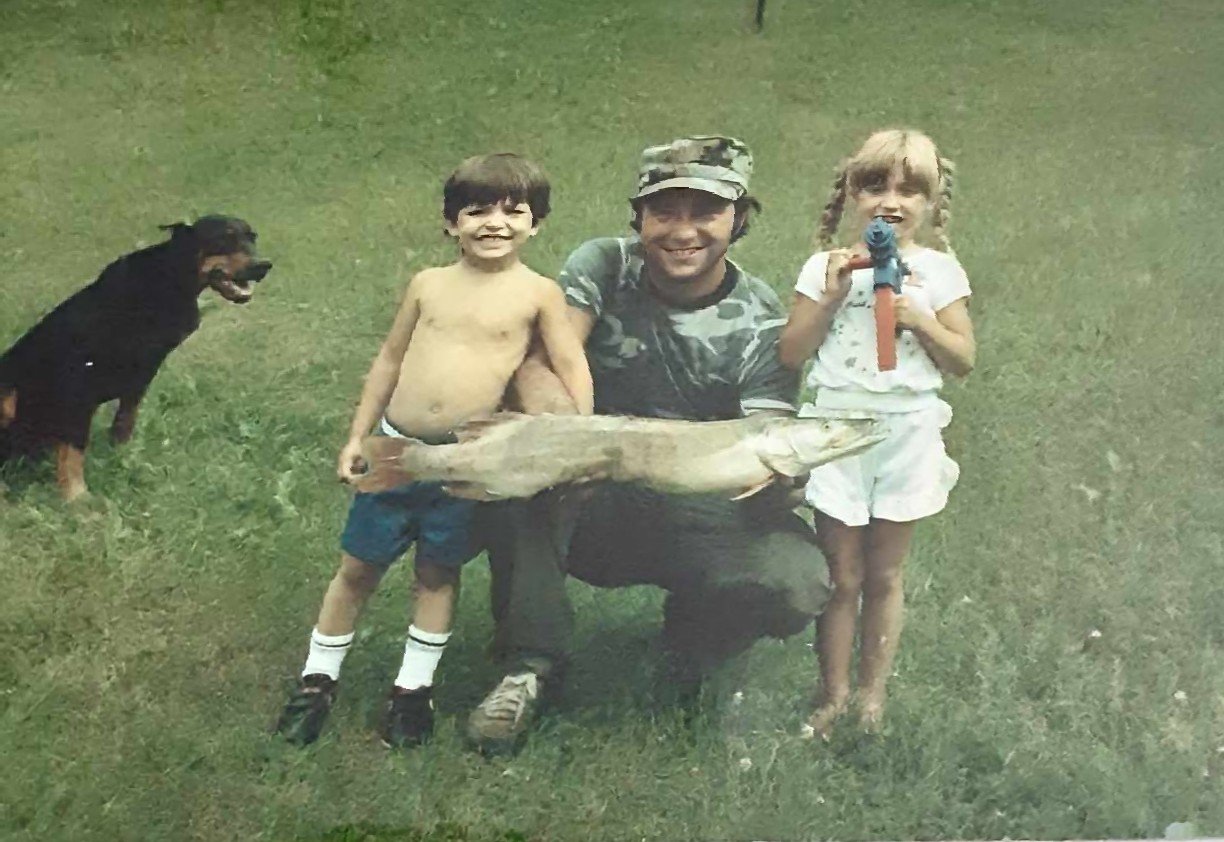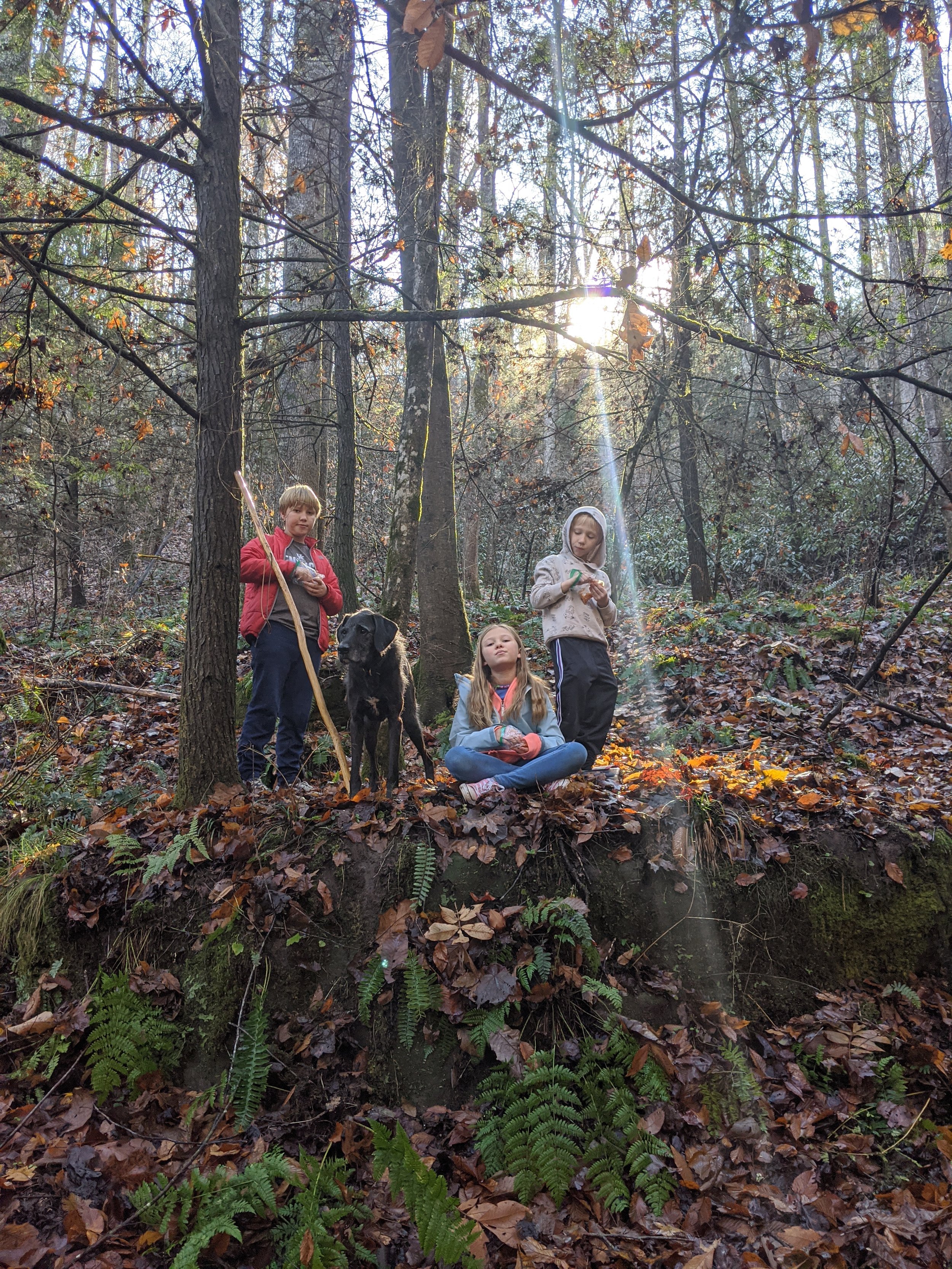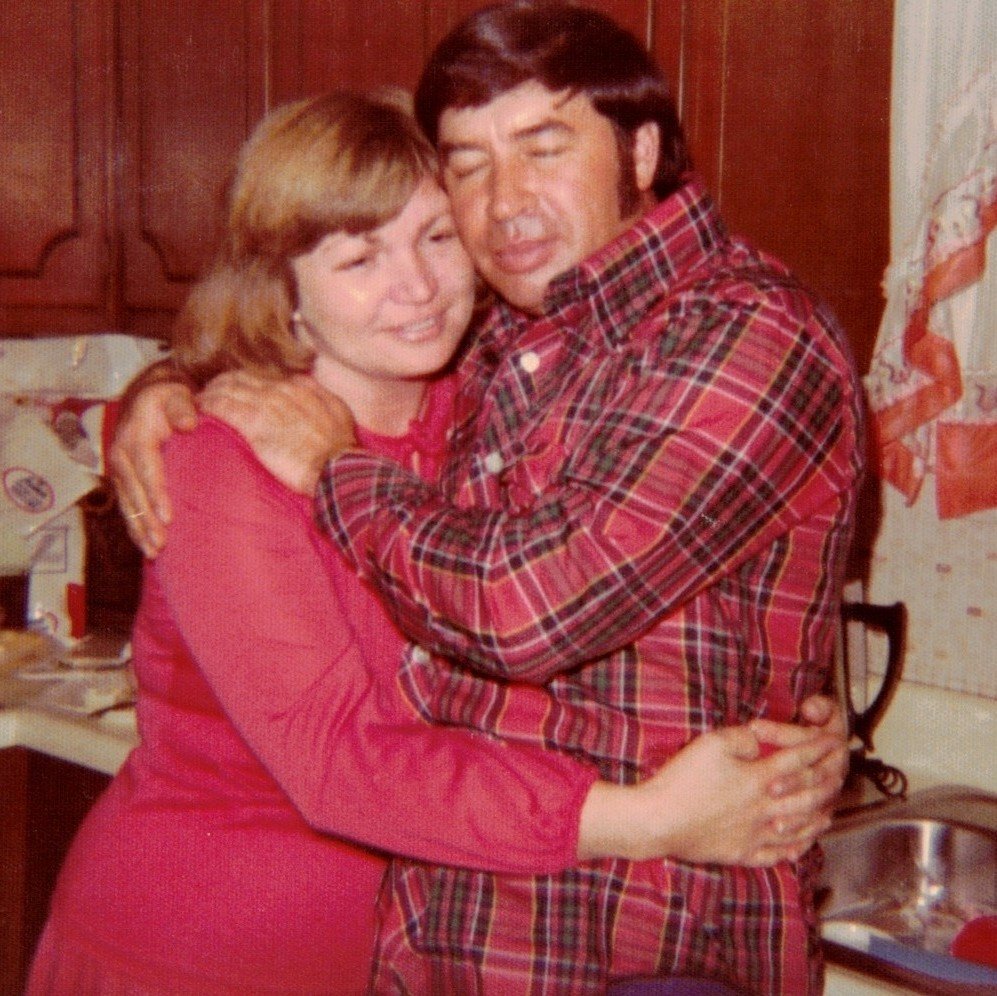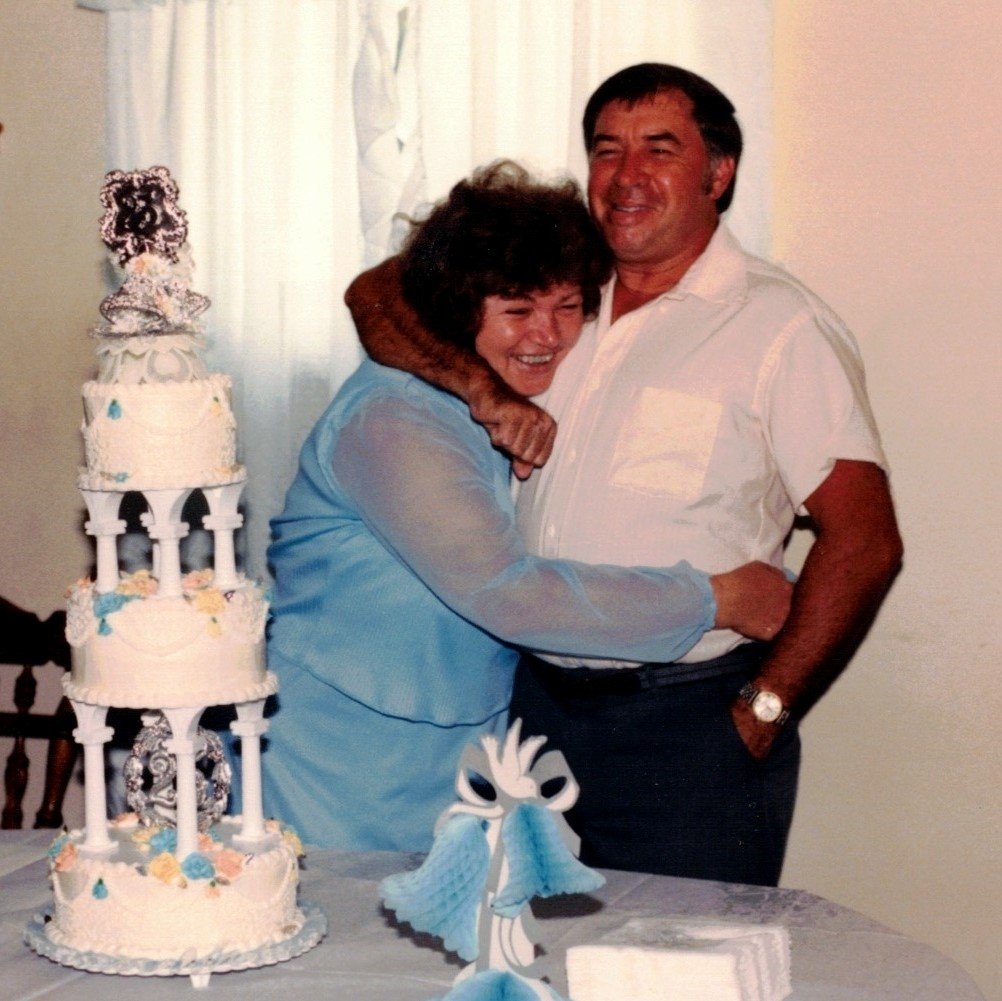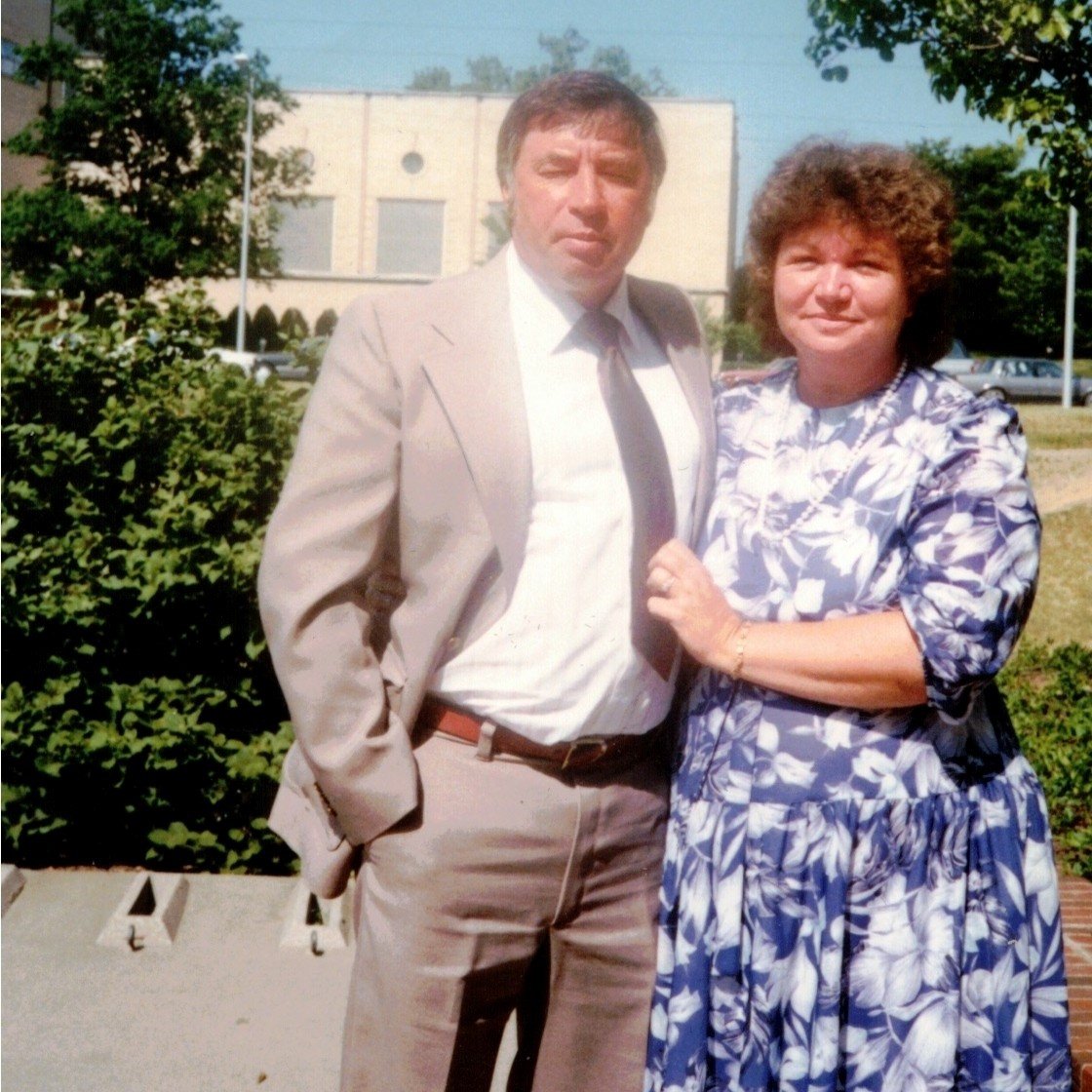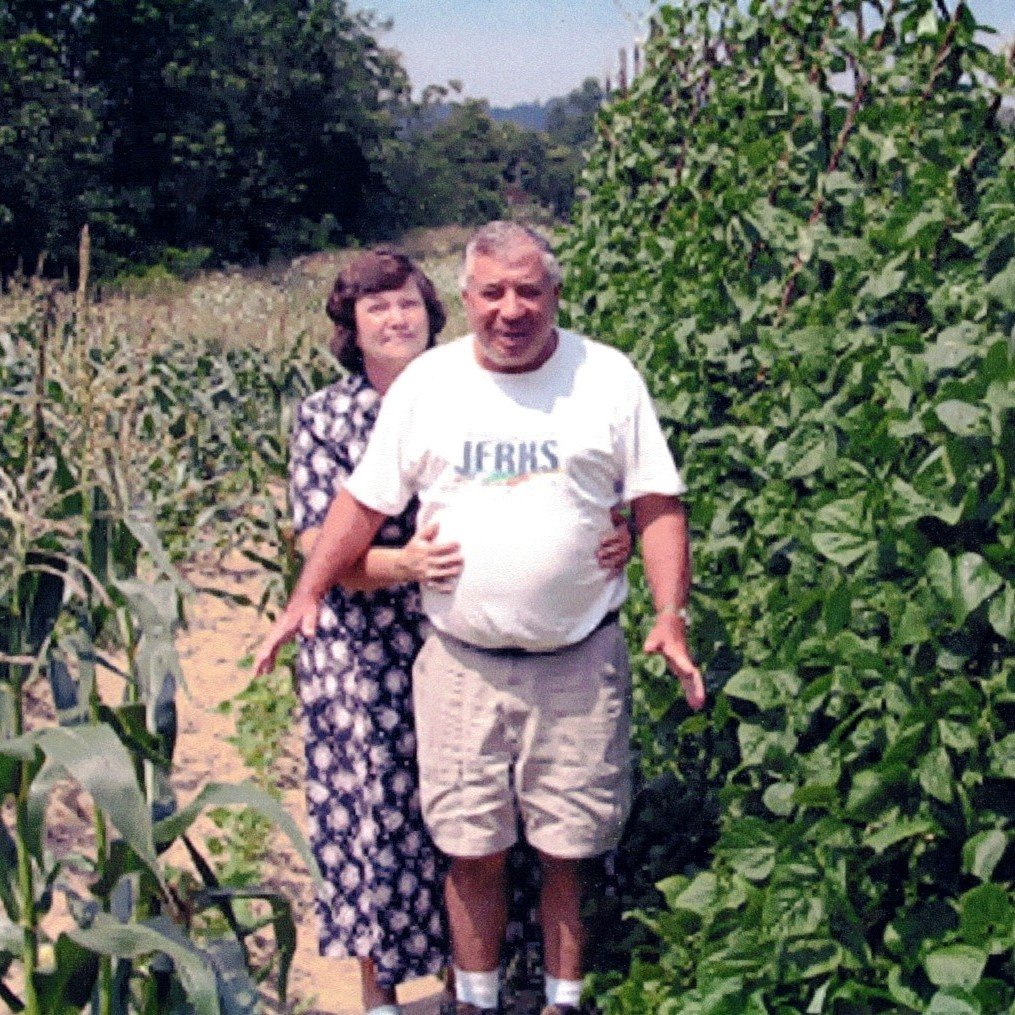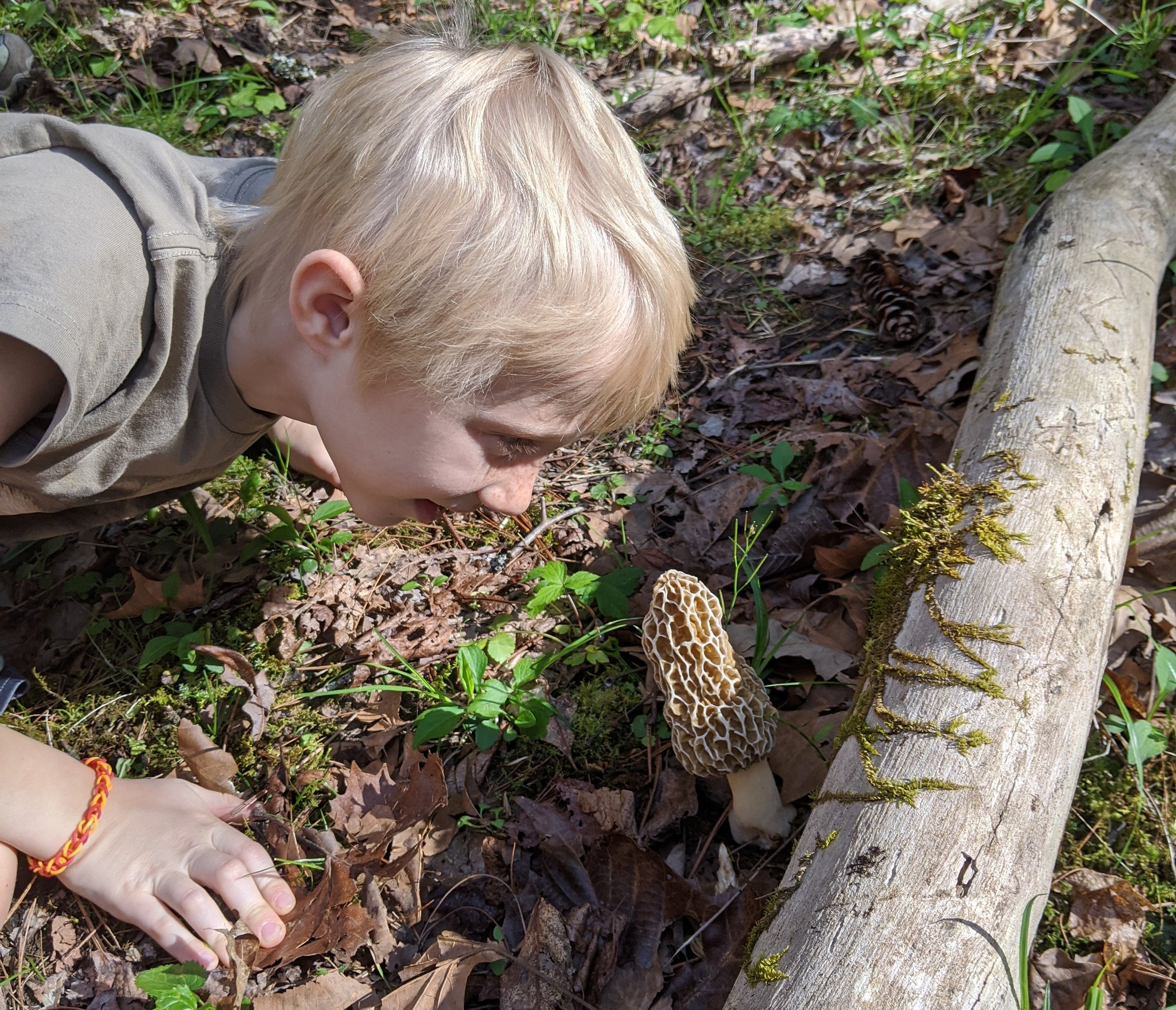How Tyler Childers helped me remember how much I love Appalachia
Tyler Childers at the Eastern KY Expo Center in Pikeville, KY. December 27, 2019.
Every time I read an article about Tyler Childers, and I have read several since he has been neck and neck with Taylor Swift as my favorite artist over the last seven years, I think “I could do better.” Shockingly, since I have absolutely no authority as a music critic, no one has asked me to write one. After listening to his new single “In your love” on repeat for two hours yesterday, I have decided it is time to put these feelings into words. So here is my attempt at explaining why I love his music so much, why he sold out two nights at Rupp Arena in a matter of minutes, and why going to his concert where every single person around you knows all the words too feels like going to church.
Tyler Childers playing the Mother Church, Ryman Auditorium. Nashville, TN February 07, 2020
I grew up in Catlettsburg, Kentucky, which is about 30 minutes northwest on route 23 from Louisa, where Tyler Childers grew up. All of my family on both sides for at least four generations are from Carter county Kentucky, which is just east of where the plateau of central Kentucky meets the foothills of the Appalachians. Meaning it’s just inside the border of where you’ll start finding hollers. They aren’t quite as deep and narrow as they are farther into the south and east, but you start to get the picture. Most of my childhood memories are set there. Being on the border of Appalachia, I’ll not claim full Appalachian identity, but I grew up with a lot of the same traditions: helping with the garden in the summer, stringing beans on the front porch, putting up corn, canning kraut, church on Sunday mornings, Sunday dinner at mamaw’s, cousins everywhere, hunting morels in the spring, playing in the creek in the summer, staunch family loyalty, and so much more. These are some of the good things.
Wendi with her great-grandfather Papaw Stevens at his house in Lewis, KY. 1983
Growing up in Catlettsburg in the 90’s, I also felt the palpable sadness of Appalachia. As Ashland oil left and the economy suffered, the opportunities for a prosperous life there seemed slim. In my last couple years of highschool, the opioid epidemic really started to spread its dark veil. Like everyone from the region, I have seen addiction sink its teeth into countless family members and friends. Some have come through with the scars, others have died of overdose, and others still struggle to live.
Wendi in Eastern KY as a young child.
Being born to parents who were only 18 and 20, I have also known the struggles of teenage pregnancy and the hardship of being born just a little too soon. All of this is to say that my relationship with my Appalachian identity is complicated. My parents always told me that I could do anything I wanted and I have always believed them. Like many of the best and brightest children of Appalachia, as soon as I graduated highschool, I left. I always knew I would.
Wendi's father, Allen, at his Medical School Graduation with his wife and three children: Wendi, Adam, and Casey. May 1986
Over the last decade, however, I have started to circle back around. As I had and began raising my own children over the last 16 years, I have felt the pull back to Appalachia. Deep down inside me, beyond the tragedy of the region, is a profound love for the rich traditions at the core of Appalachian culture, a palpable connection to and love for the land, and an unbreakable sense of identity. Over the last 16 years I have worked to share these traditions with my children and root their identity in the same fertile ground as mine. In the midst of this rediscovery and sharing enters Tyler Childers.
Kentucky Rising Benefit Concert Featuring Chris Stapleton, Dwight Yoakam, & Tyler Childers. Oct 11, 2022
In Tyler Childers’ music you will find something that is lacking in most depictions of Eastern Kentucky, honesty. It is easy to see and tell about the bad parts and most of the world knows about the hardships of the region. But the beauty is often left out of the story and, without that, the essence is lost. We all have our heroes, and the heroes of Appalachia are often unsung. When Tyler sings about his friend’s grandmother in “Follow you to Virgie”, we get it.
Mamaw and Nana and Family at Dinner
Most people in Appalachia know a strong, silent matriarch who carries the weight of the family on her shoulders and is the rock for everyone around her. When he sings about Matthew’s dad in the song by the same name, and he claims that “he raised them youngins right, on a little bit of scripture and an acreage of paradise,” we get a sense of what this man is like and we understand. That’s what our heroes look like. In the lyrics of these songs, we are reminded of the people we should be celebrating from this place that is deeply rooted inside of us.
The Matriarch - Granny Offill, her son Papaw, his daughter Granny, her daughter Wendi, and her son Wilson. 5 generations on the couch at Offill Loop in Olive Hill, Ky. Fall 2007
Standing in a crowd of people at his concert in Pikeville, singing along to “Follow you to Virgie”, you know that every person in that room is thinking about a mamaw that was a rock for them, because his lyrics are just specific enough to tell the real story but universal enough for us all to get it.
Wendi, back from college, with Nana in her kitchen in Olive Hill, KY
On the flip side, when Tyler sings about tragic characters, like the preacher in “Bottles and Bibles” or the young father in “Hard Times” we get a sense of what it is like to be that person and gain, somehow, throughout the course of a 3.5 minutes song, a new understanding of the struggles they face.
Wendi’s dad Allen, a singer song-writer in his own right, with his "Baby Taylor" guitar.
What is notably left out of his music is judgment. His songs are an honest glimpse into the lives of the people of Appalachia without judgment. Just like we all think of our own mamaw when we hear “Follow you to Virgie” we also think of that kid in highschool that ended up dead or in prison when we hear “Hard times” and we understand him better now.
Uncle Tom, Wendi, Casey, Aaron, Adam, and Dustin on a fishing trip.
Beyond the characters in his songs, the imagery he pulls from Appalachia speaks deeply to me. The opening line of “Shake the Frost” gets me everytime. “You remind me of a Sunday back home in ole Kentucky” fills me with the biggest, warmest feeling of love and security and renewal. I can literally smell the bacon cooking in my nana’s kitchen. When he says, “I love you like the mountains loves the way the mornin’ opens to a soft and bright greetin’ from the sun” I can see the sun shining through the fog rising up from the valley and that first ray of sun hitting the top of the west side of the ridge and the feeling is love, deep, profound, love.
Wilson at sunrise watching the fog rise up in the hills of Letcher County from the top of Pine Mountain. October 3rd, 2020.
There are a lot of things that people look for in music. I want to be moved by music, and these images move me E-V-E-R-Y time I hear them. I just listened to “Shake the Frost” for the 900 billionth time to make sure I got the lyrics right and I almost cried, again. By using this moving imagery from my childhood in Appalachia, his music has helped to grow and nurture the love and connection I have for the region. When he belted out these words at the Railbird music festival on a Sunday afternoon in Lexington, the shared experience in the crowd was a palpable reminder of the power of human connection.
Wendi and her brother Casey at Railbird. Lexington KY, August 2021
While what he is saying is the foundation of my love for his music, I also find meaning in the way he says it. The people of Appalachia, or hillbillies as we are often referred to, are one of the only groups of people that it is still okay to openly make fun of. My mother in law and I both came from Eastern Kentucky and both left to attend college at Vanderbilt in Nashville Tennessee. We both had a shockingly similar experience (20 years apart) of being mocked and teased for our Eastern Kentucky accents. Most people say I don’t really have an accent now and that is a result of an intentional retraining of the way I speak.
Wendi and Adam in their Sunday’s best.
My brother, who never left Eastern Kentucky, sounds completely different and still fully embraces the dialect. I shouldn’t have felt the need to change the way I talked, but I did. Having experienced the biases that people have towards us, it is very meaningful to hear our dialect in modern art. I love hearing Tyler Childers sing phrases like “and they go home when they’ve a notion and the Muskie quit to bitin’” because it feels really good to have our words and our way of speaking celebrated. I think of Tyler playing a sold out show at Red Rocks and imagine people who have never been to Eastern Kentucky belting out words like “your’n” and I absolutely love it. There is nothing wrong with the way we talk. It’s just an indicator that we are unique and another part of our Appalachian identity.
Wendi and Adam with their dad, their dog Fannie, and big muskie. Allen’s first Muskie!!!
All of this meaning aside, there is also the quality of the music and that voice, oh that voice. I’m pretty sure that if an Eastern Kentucky holler could open its mouth and belt out a line, it would be Tyler Childers’ voice. It’s just the perfect vessel for all those feelings of love and pain and identity we have bottled up inside.
Our first Tyler Childers Concert at Bulls, Bands, and Barrels. Lexington, KY. February 10, 2018
In the midst of rediscovering and sharing my Eastern Kentucky roots, Tyler Childers’ music came along to help me dig deeper and to help me find ways to share it with my kids. I’ll never forget the first time “All Your’n” came on the radio in the kitchen while we were cooking dinner.
Gus and Wendi cooking foraged Morels for dinner. Red River Gorge, KY April 19, 2021.
Gus, who was 8 at the time, stopped what he was doing and said, “huh, I’ve never heard this Tyler Childers’ song before.” Not only did he know every Tyler Childers’ song, he also was able to recognize the fact that he didn’t know this one. By listening to his music with my kids, I can help them understand where I came from and to celebrate the beauty and tragedy of the place.
Our kids and Koda with the sun setting over the ridge at our place in the Red River Gorge. November 24, 2019.
I didn’t think it was possible for me to love his music anymore, and then came “In Your Love.” This video stopped me in my tracks. The song is unlike anything I have ever heard before. The intro sounds like you are about to hear an 80’s love ballad, then comes Tyler’s voice, which could only come from a holler in Eastern Kentucky. The lyrics are beautiful and universal and remind me of the relationship between my papaw and nana, which is my favorite real life love story.
“We were never made to run forever, we were just meant to go long enough to find what we were chasin’ after” is a line that any human can relate to. But then there is the video. It’s beautiful and it’s brave and Tyler does the same thing for these characters that he does for the young man in “Hard Times” or his brother in law in “Matthew”. He tells a human story, not a politicized trope, or a one-sided tragedy, but a beautiful human story of two people who love each other. And in that telling, we can relate. We can find common ground and start to understand something we thought we could never understand. I can’t wait to hear him play this song live. I’ll be thinking of my grandparents and of Jasper and Matthew and I’ll be thinking of how we're all really the same and how lucky I am to be in just the right time and place to appreciate this amazing music. So, thanks Tyler. I appreciate you.
Please share your experience with Tyler Childers and Eastern KY in the comments!!!!!

